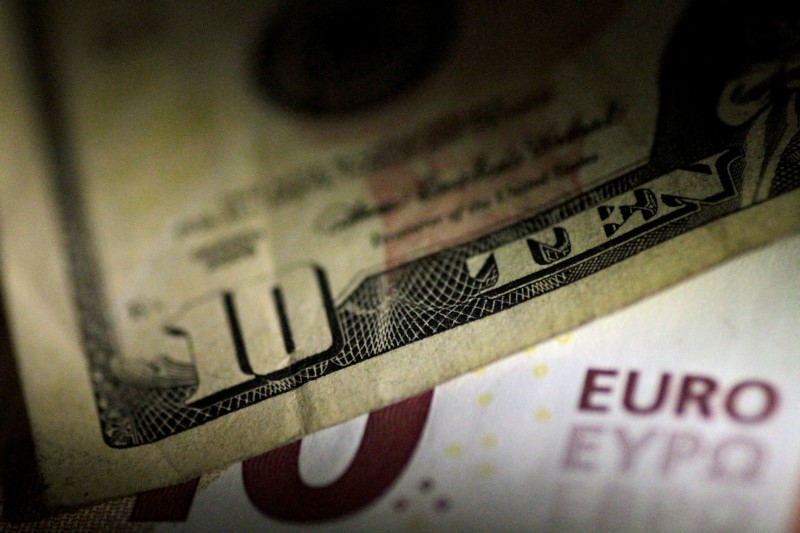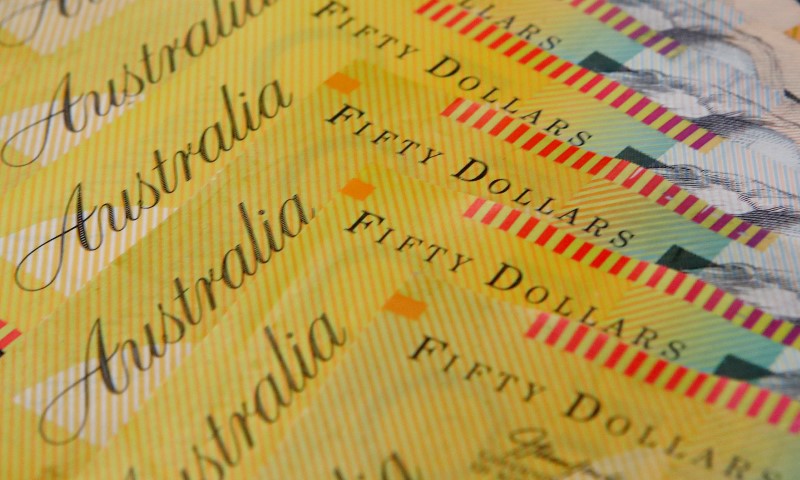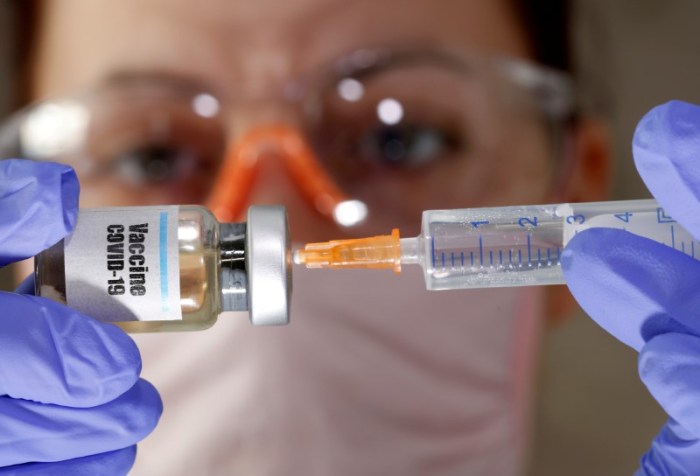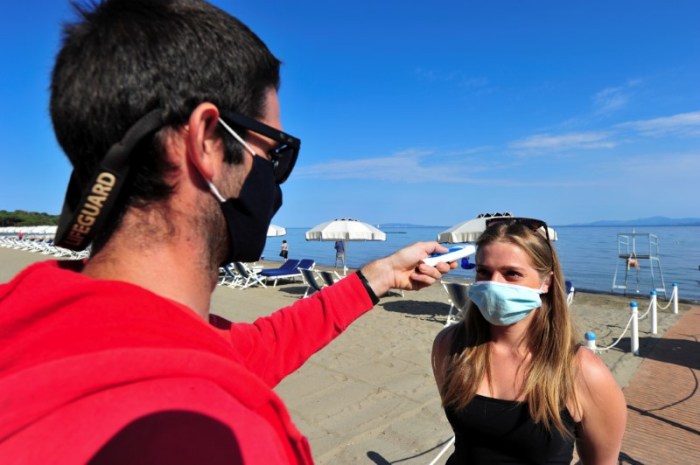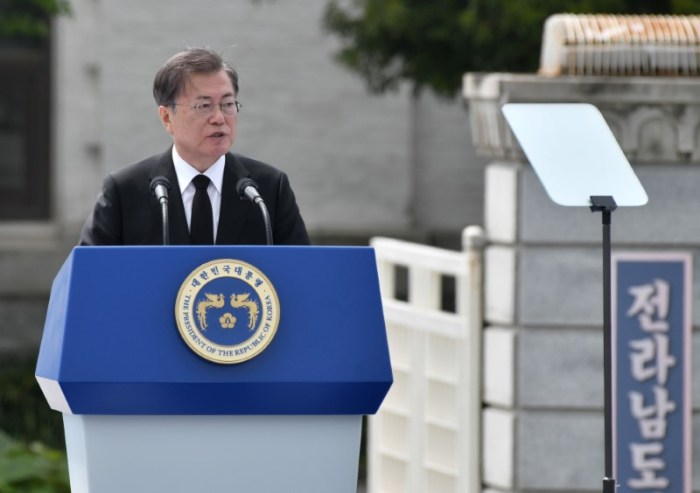NEW YORK (Reuters) – The dollar fell on Monday as risk sentiment improved on optimism that the worst of the economic downturn caused by the global spread of the coronavirus may be in the past.
U.S. manufacturing activity eased off an 11-year low in May, the strongest sign yet that the worst of the economic downturn was behind as businesses reopen, though the recovery from the COVID-19 crisis could take years because of high unemployment.
It comes after China’s Caixin/Markit Purchasing Managers Index (PMI) showed a marginal but unexpected improvement in factory activity last month.
In the euro zone, the manufacturing PMI recovered somewhat in May from April’s record low, although factory activity still contracted heavily. Japan and South Korea, however, saw the sharpest falls in activity in more than a decade.
“Financial markets remain optimistic that the global economic recovery remains in place,” Edward Moya, senior market analyst at OANDA, said in a report.
The dollar index against a basket of currencies <=USD> fell 0.40% to 98.829, the lowest since March 16.
The single currency <EUR=> gained 0.31% against the greenback to $1.1132, after earlier reaching $1.1153, the highest since March 17.
The Australian dollar <AUD=> rose 1.97% to $0.6797, the highest since January 17.
Tensions between the United States and China remain a headwind for risk appetite.
The greenback pared losses earlier on Monday after it was reported that China has told state-owned firms to halt purchases of soybeans and pork from the United States, raising concerns that the trade deal between the United States and China could be in jeopardy.
The move comes after U.S. President Donald Trump said on Friday he was directing his administration to begin the process of eliminating special treatment for Hong Kong, ranging from extradition treatment to export controls, in response to China’s plans to impose new security legislation in the territory.
China is ready to halt imports of more agriculture products from the United States if Washington takes more action on Hong Kong, sources told Reuters.
(Additional reporting by Tommy Wilkes in London; Editing by Alistair Bell and Andrea Ricci)

